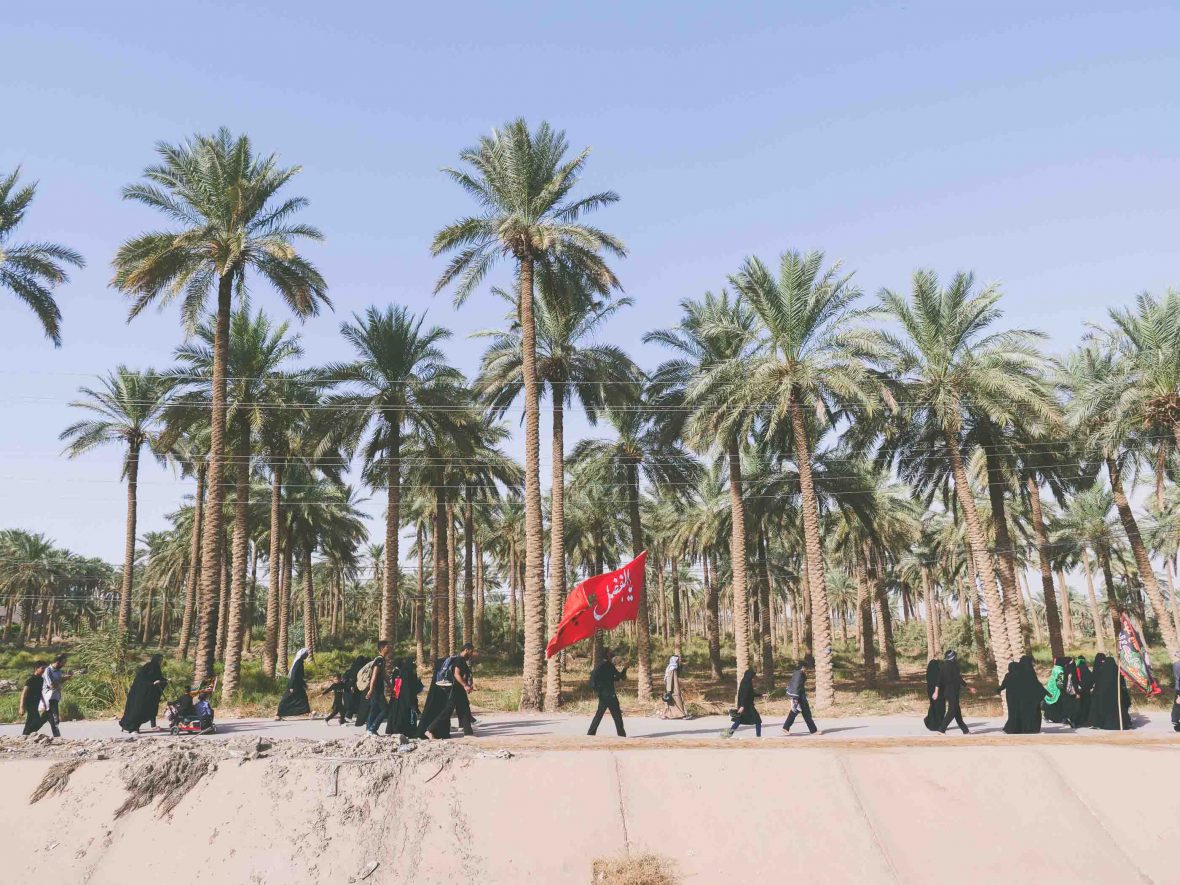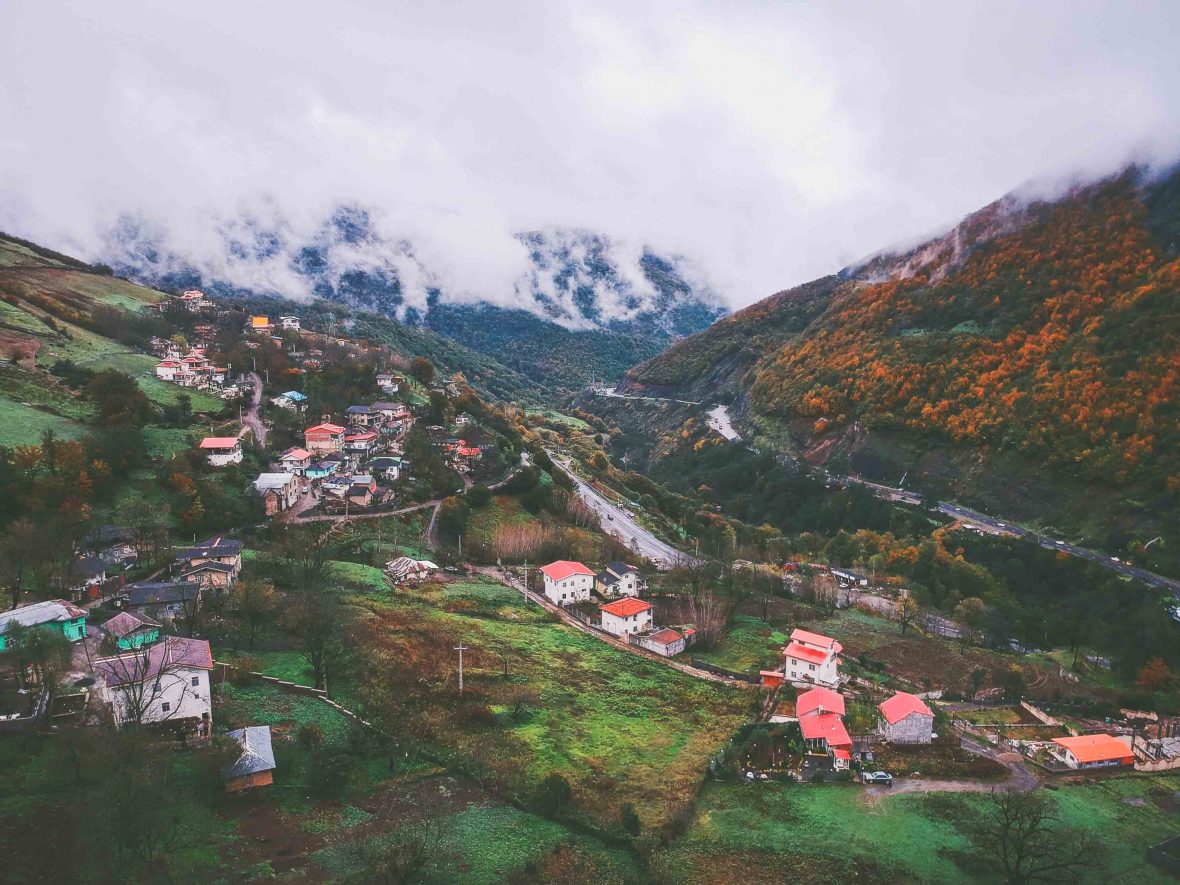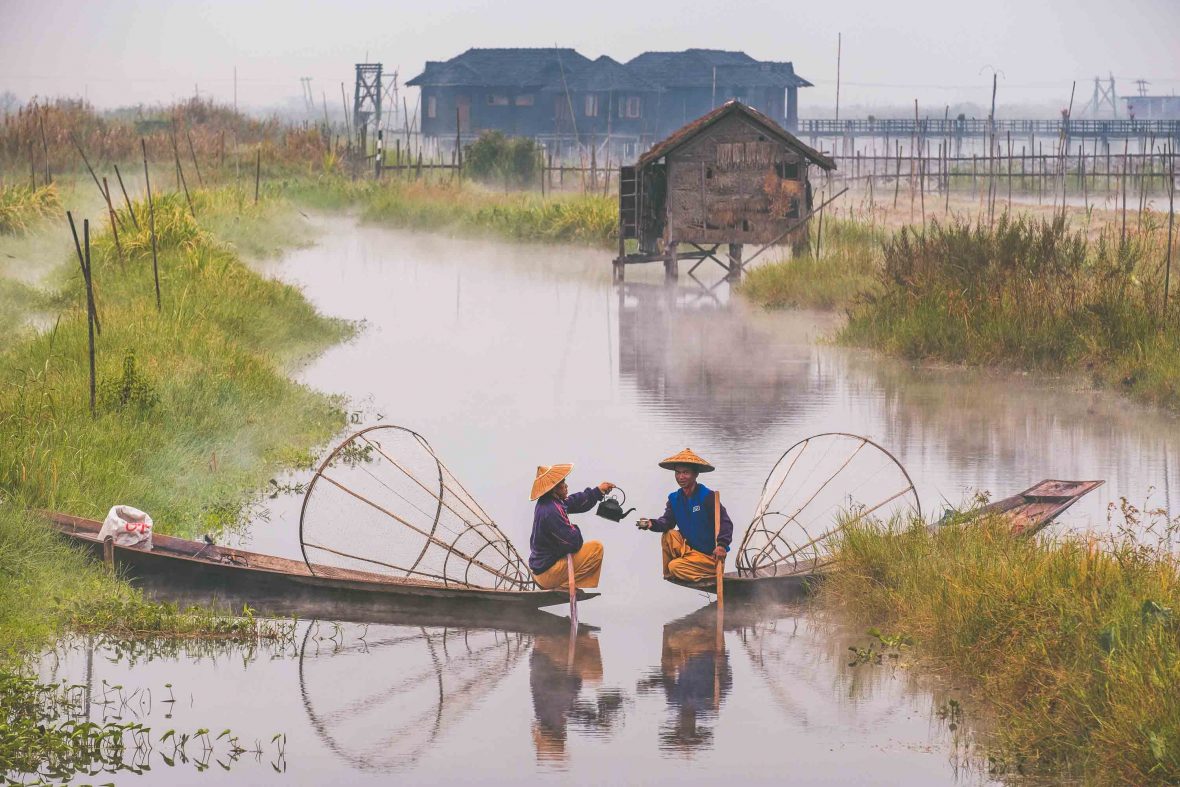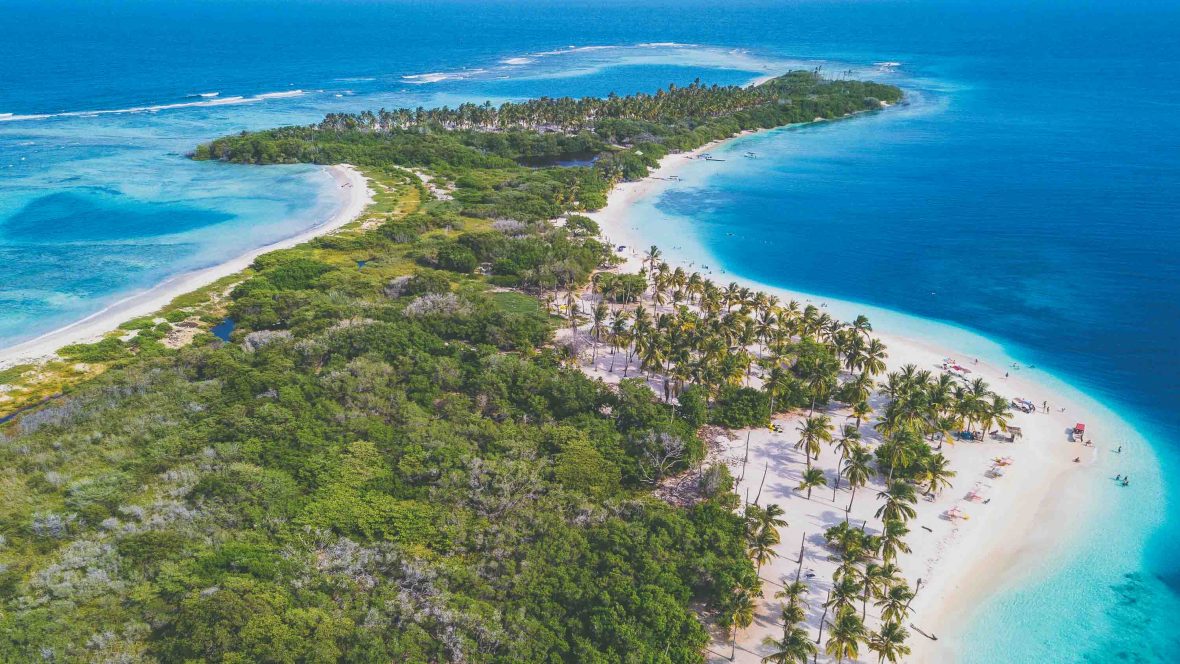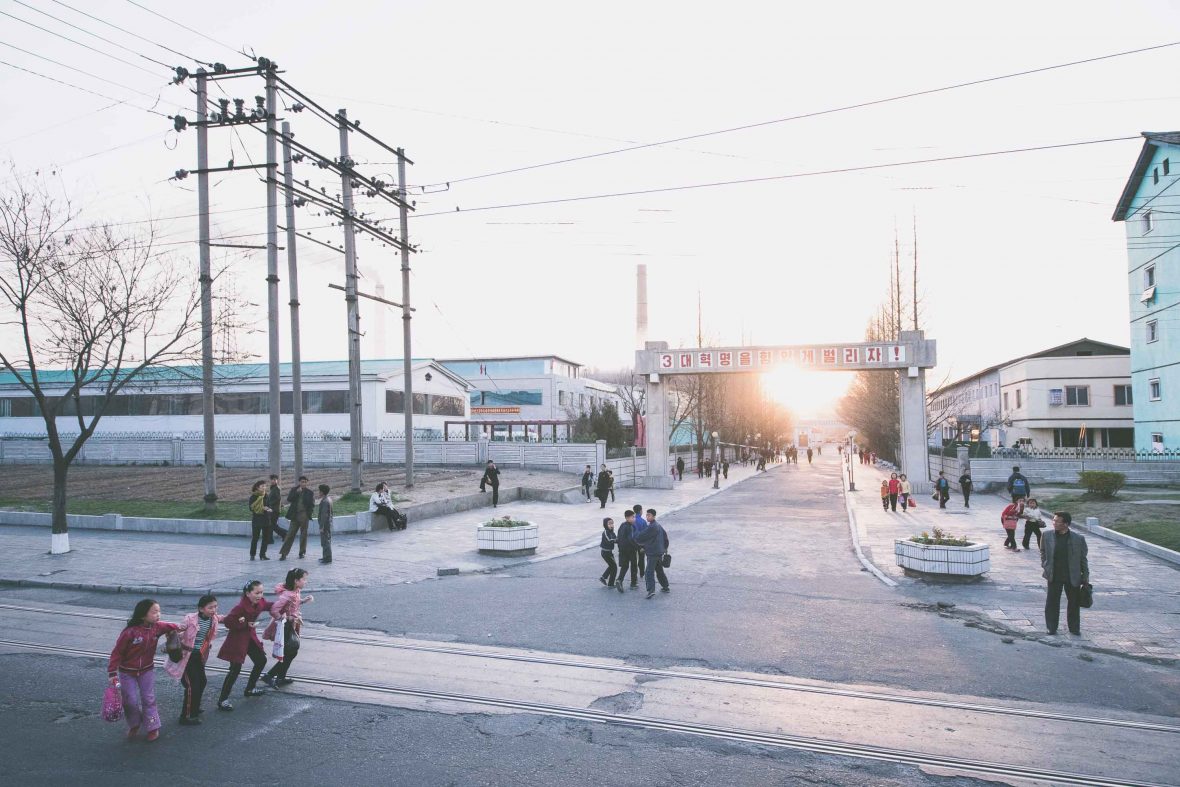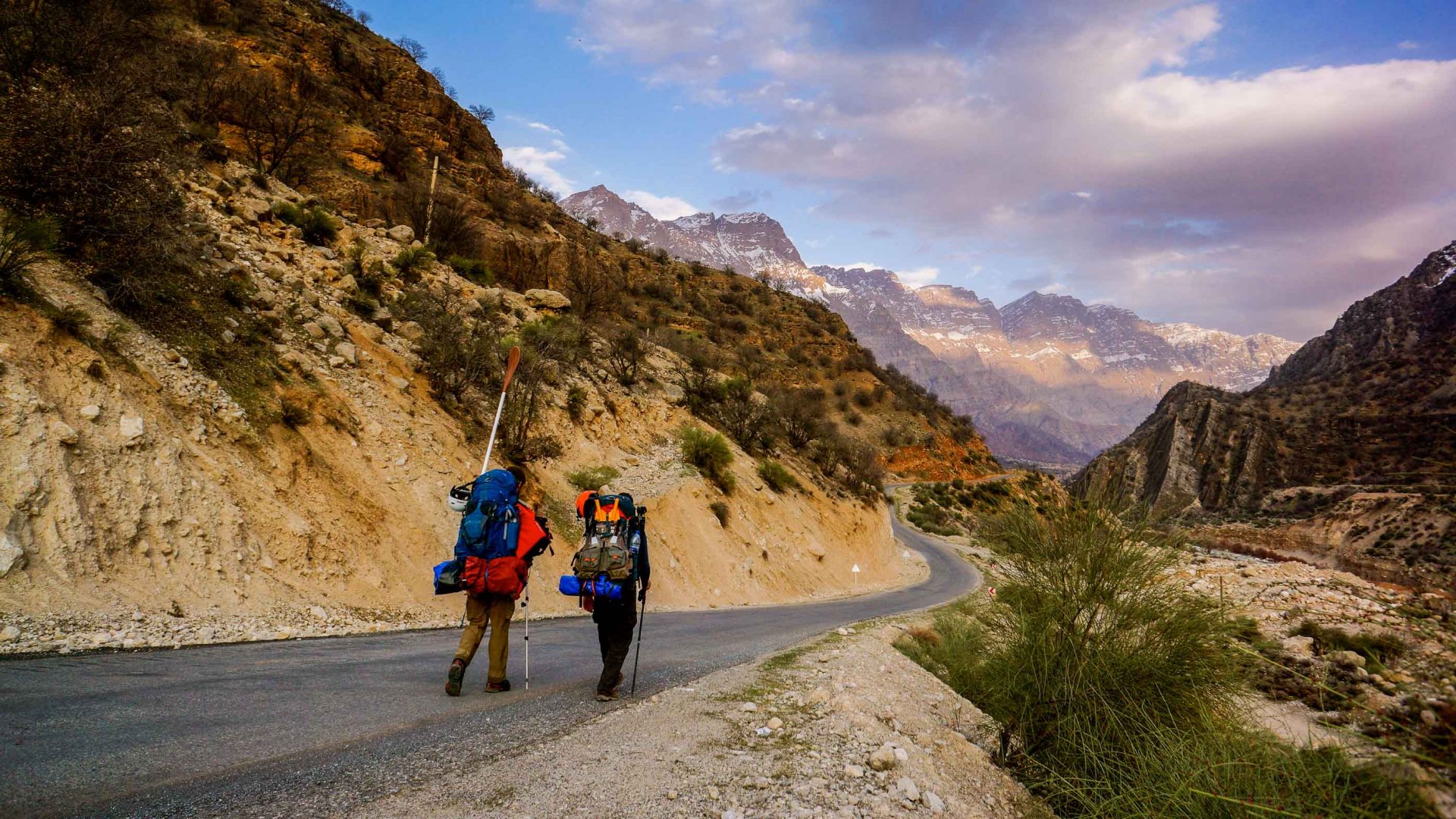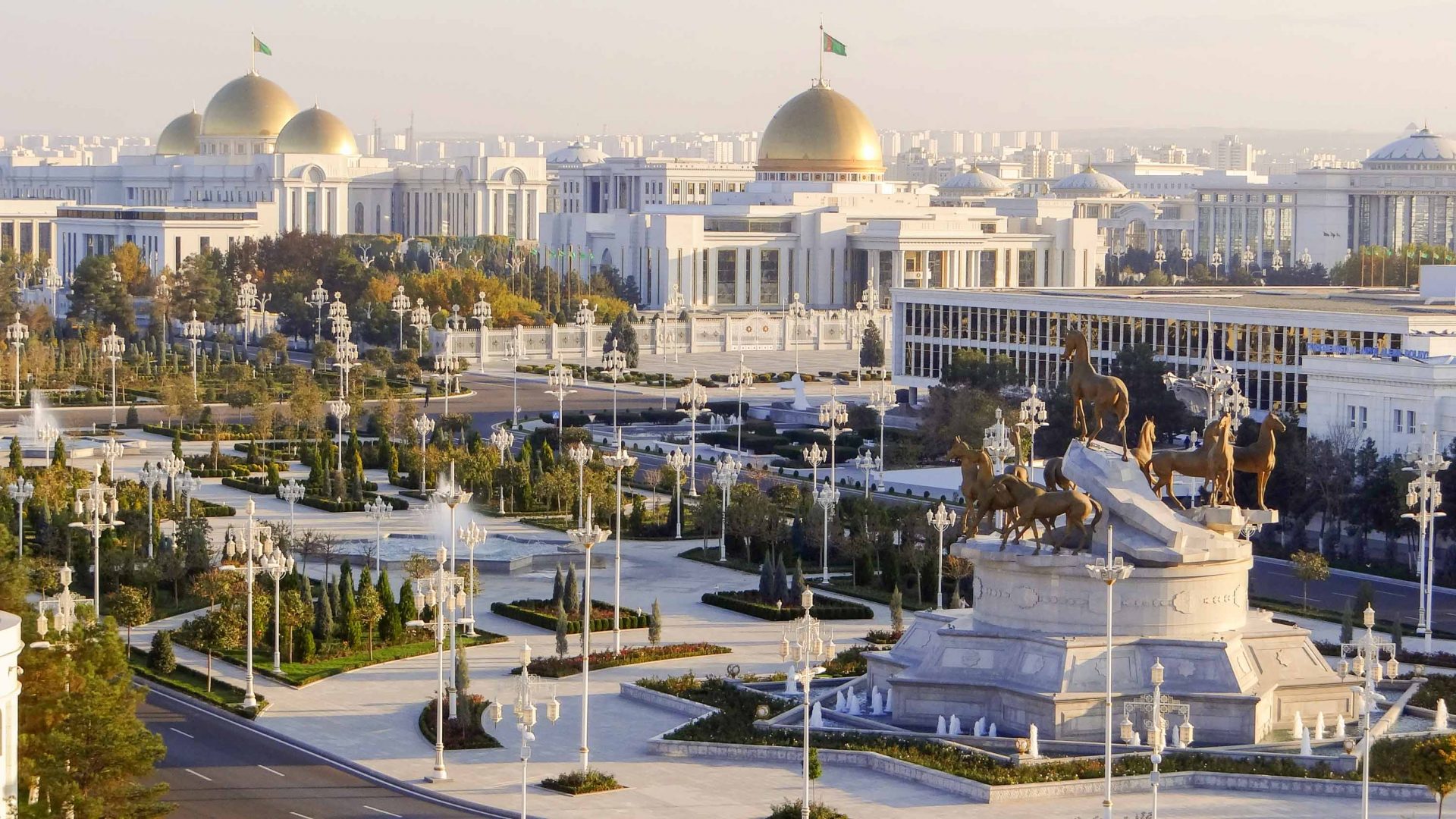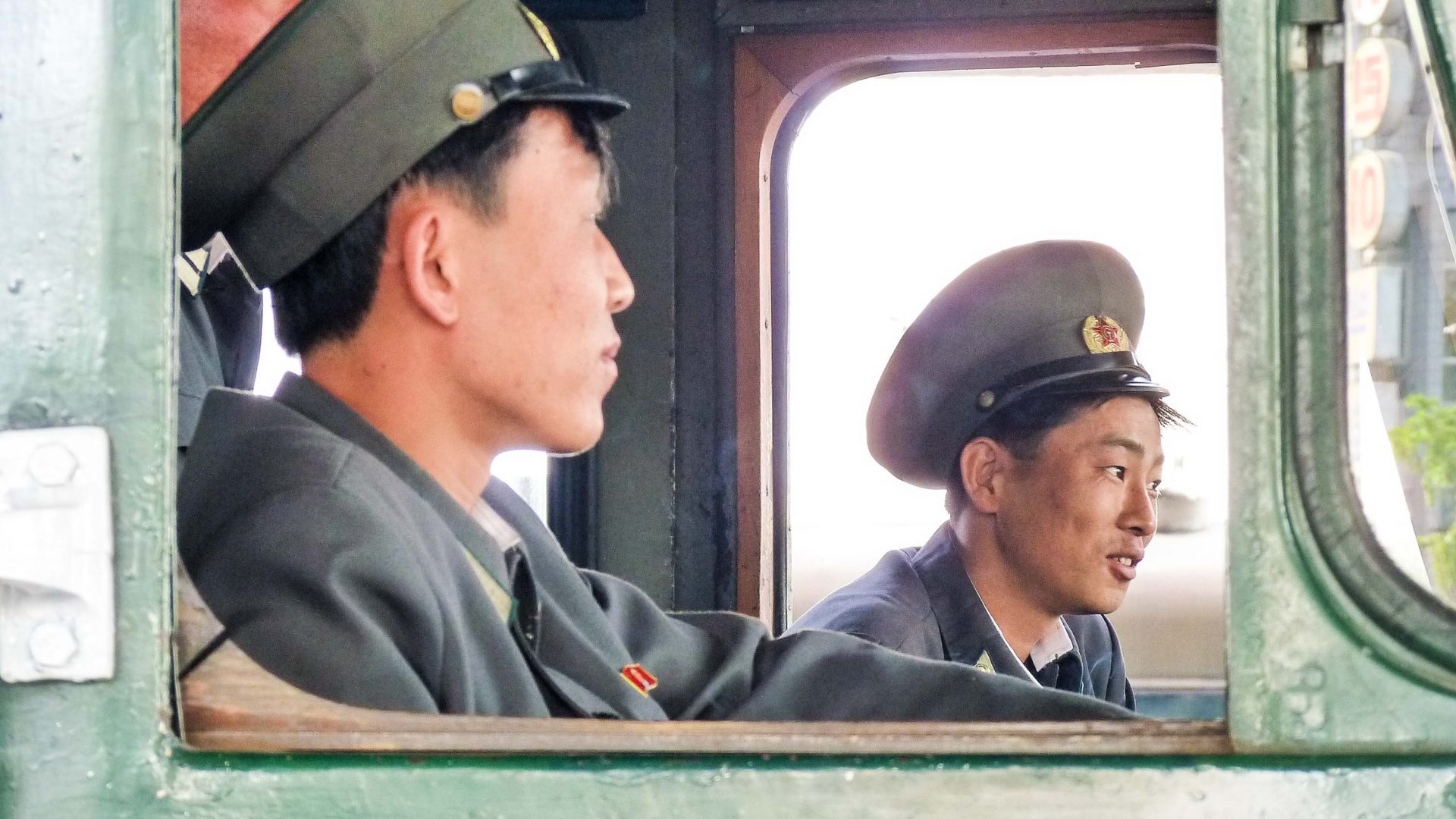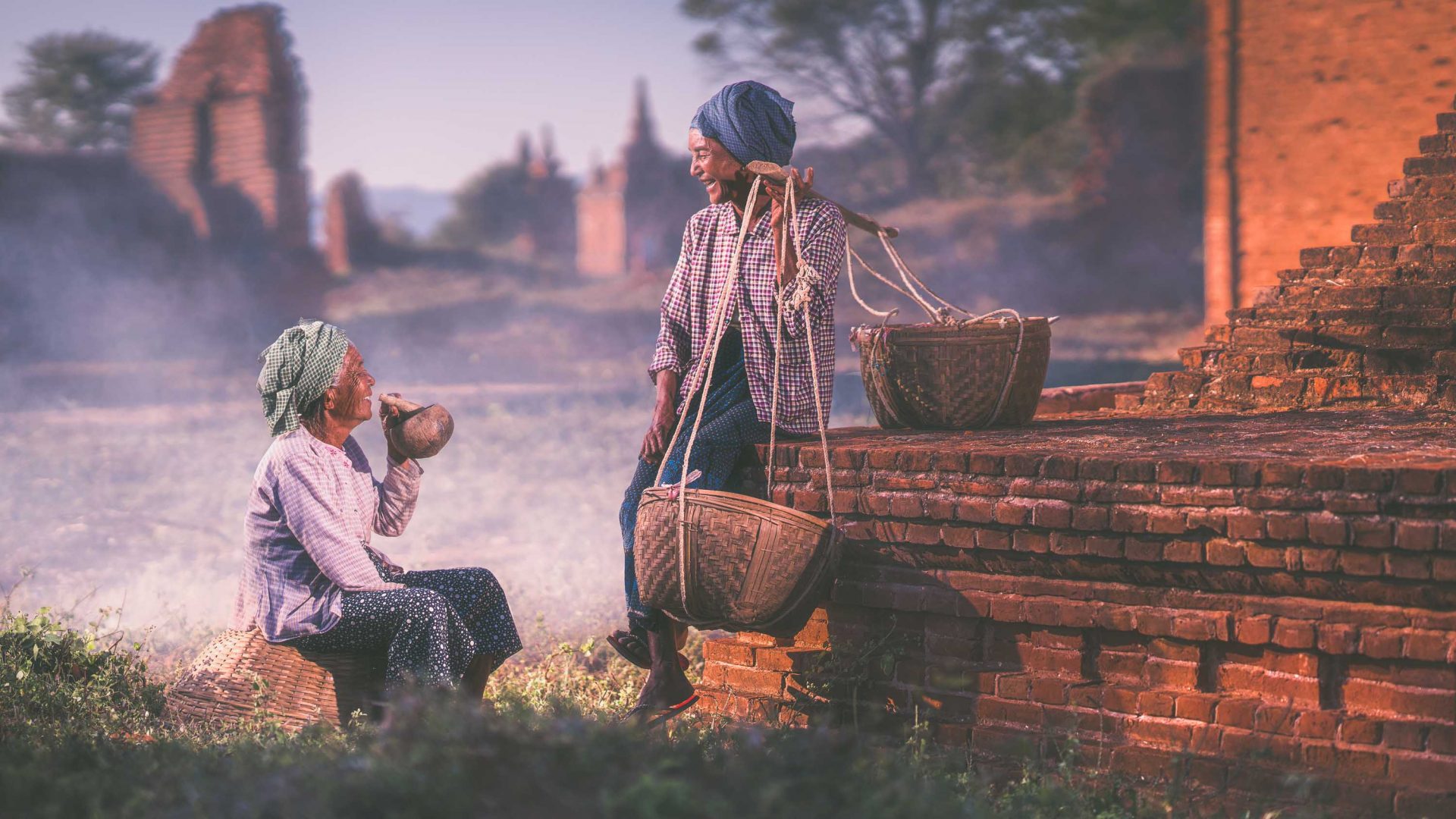
Holiday or human rights? What do travelers do when they’re considering visiting countries where basic human rights are violated? Do local people suffer more if nations are boycotted? Leon McCarron explores this complex conundrum.
I’ve spent much of the last decade traveling to places that are unusual or unpredictable in one way or another. Last fall, I spent a month in Iraq, following a pilgrimage across the center of the country. In 2014, I spent six weeks in Iran, tracing the country’s longest river from source to sea, and some years before that, I cycled through Burma/Myanmar, sleeping in temples close to the Thai border.
In short, I’ve visited many places where governments have been accused of severe human rights violations or where it’s clear that the sitting regime is an oppressive one, or simply a dictatorship. So one question that frequently comes up is this one: Knowing all of this, should we still visit such places? Or should we take a supposedly more ethical stance and boycott? Or is the key to divert as much of our tourist dollar into local businesses?

